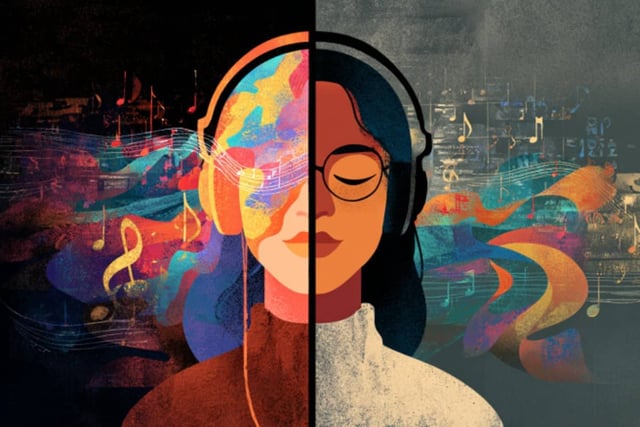Overview
- A study by researchers at Rice University and UCLA found that the intensity of emotional arousal elicited by post-encoding music directly influences which aspects of a memory are strengthened.
- Stronger emotional reactions to music enhanced participants’ recall of general event features, or the gist of previously viewed images.
- Participants who experienced moderate emotional responses retained more detailed information about everyday objects and scenes.
- Song characteristics such as happiness, sadness, or familiarity did not affect memory performance, highlighting individual emotional response as the key factor.
- Neuropsychologists and neurologists recommend personalizing music therapy based on emotional impact to help slow memory decline in Alzheimer’s and dementia patients.



